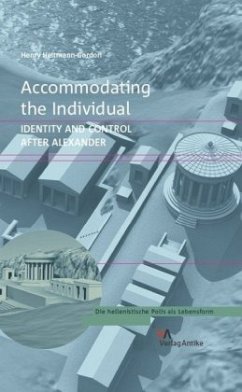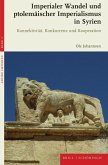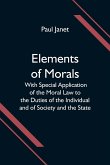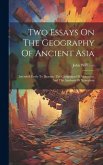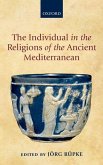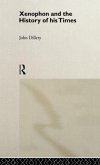How did the Greeks respond to the experiences of uncertainty that they so acutely made in the aftermath of Alexander the Great's world-changing conquest of the Persian Empire? How were old values upheld and reshaped? And how did the societies of Greek cities and royal courts accommodate the overwhelming newfound power of Greek individuals? By developing a custom methodology, this book tries to shed new light on the complex textuality of the period of the Diadochi, the successors of Alexander. In four case studies, new readings are presented of Theophrastus Characters and Xenophon's Cyropaedia, but also of the substantial early Hellenistic anecdotal material, as well as the Colossus of Rhodes. The studies are united by an interest in how these texts cast the relationships between individuals and how they constructed various media of interrelation, such as money, friendship, women and the divine. Reading these texts on these terms reveals how values were renegotiated through paradoxes and inverted stories that subtly reshaped the utopias of the 4th century BCE. Overall, the study's hypothesis is that this particular brand of social storytelling contributed to the stabilisation of the nascent Hellenistic world by providing new visions of society capable of accommodating individual power and offering a new sense of control and place.
Hinweis: Dieser Artikel kann nur an eine deutsche Lieferadresse ausgeliefert werden.
Hinweis: Dieser Artikel kann nur an eine deutsche Lieferadresse ausgeliefert werden.

